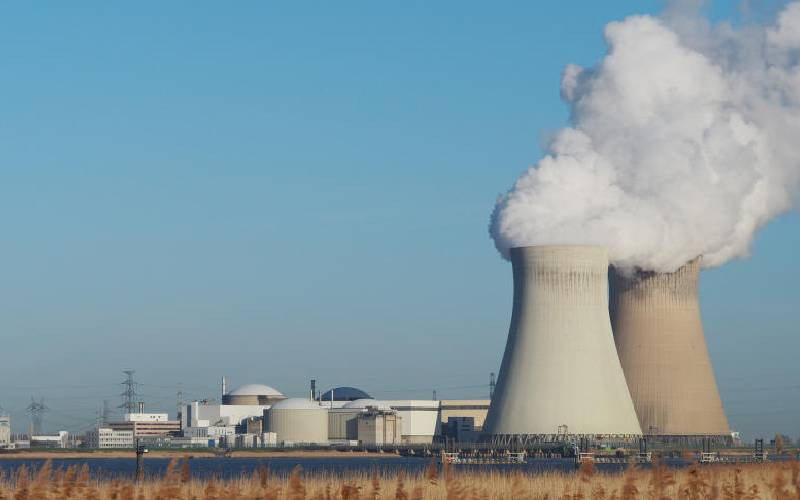
Two weeks ago, the second US-Africa Nuclear Energy Summit was held in Nairobi, where elaborate plans to add nuclear to Kenya's energy mix were discussed. As Kenya prepares to embark on the ambitious nuclear power project, with an investment of Sh500 million for a facility in Uyombo, Kilifi County, we must critically examine the implications of this decision.
It is essential to ask: Is this the right path for our nation, especially when we have yet to fully develop our renewable energy sector, which currently provides 90 per cent of our electricity?







